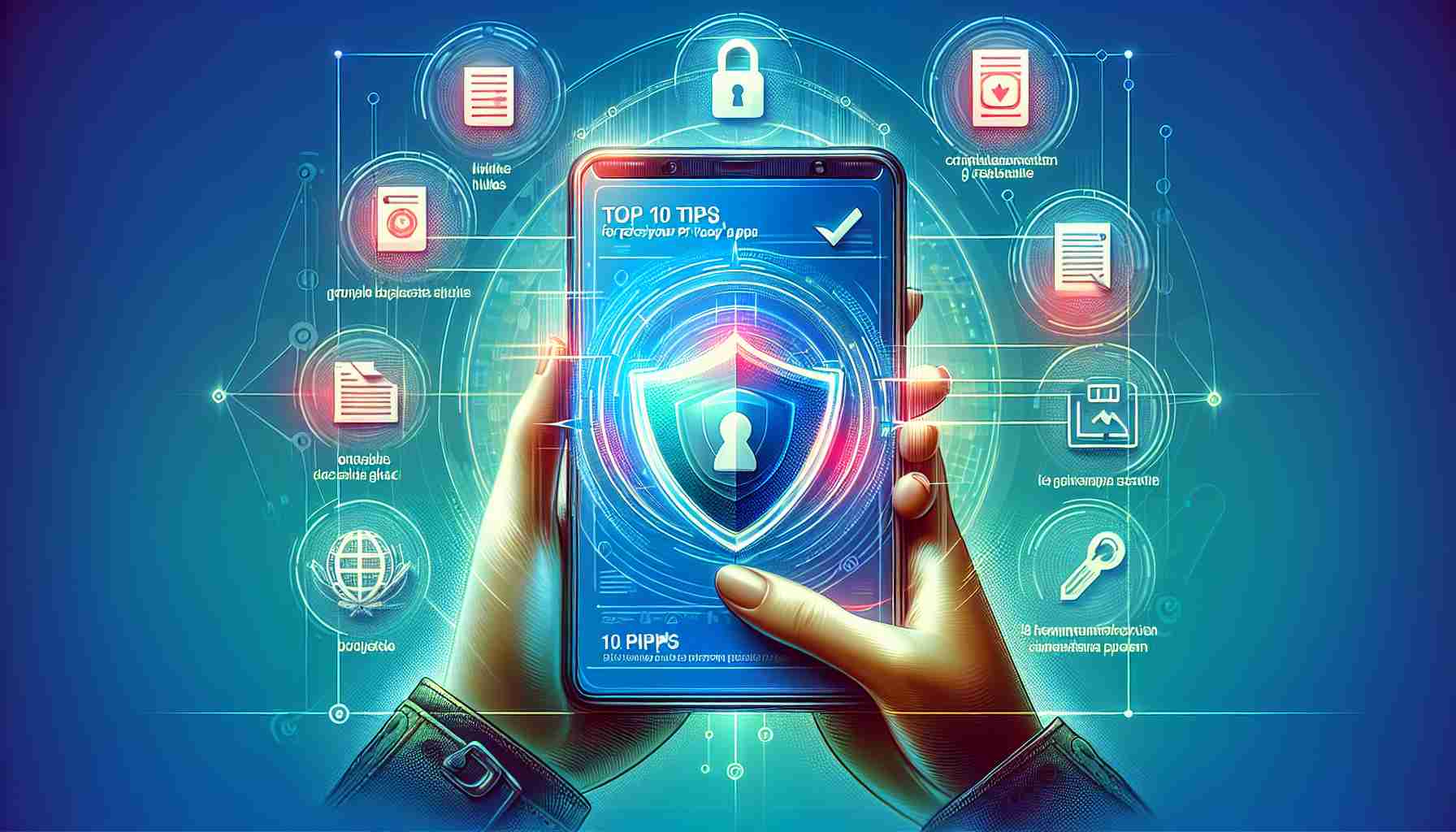1. Transparent App Policies: Some mobile apps fail to disclose basic information about their operators or privacy policy effectiveness. Stay cautious when using apps like “Flashy Wallpaper” and “Tiny Diary.”
2. Clear Privacy Policies: Be wary of apps that do not specify how they collect and use your personal information, such as “Secret Tips” and “EcoSmart System.”
3. Unauthorized Data Sharing: Watch out for apps that share your personal information with third parties without your consent, like “Tip Master” and “Driver Assist.”
4. Pre-Consent Data Collection: Be cautious of apps that collect personal information before obtaining your consent, such as “Driver Assist.”
5. User Control: Ensure that apps offer easy ways to correct, delete personal information, or deactivate accounts, like “Funny Jokes” and “Language Translator.”
6. Privacy Complaint Channels: Apps should establish clear channels for privacy complaints and reports. Avoid apps that lack a streamlined process for addressing user rights.
7. Consent Withdrawal: Apps should provide convenient methods to withdraw consent for personal data collection, like “Secret Tips” and “Magic Dress Up.”
8. Handling Sensitive Data: Avoid apps collecting sensitive information without your explicit permission, like “Driver Assist” and “Tiny Diary.”
9. Protection for Minors: Apps should have specific rules when handling personal data of minors to ensure their safety and privacy.
10. Mindful Data Collection: Apps should only collect personal information necessary for their functions to avoid unnecessary data exposure.
Remember to read and understand app policies before downloading, limit unnecessary permissions, and regularly review and clear data to protect your privacy while using mobile apps.
The Importance of Secure Payment Methods: When using mobile apps that require payment information, it is crucial to ensure that they have secure payment methods in place. Look out for apps that have encryption protocols to protect your financial data from being compromised.
Data Encryption Measures: Another key aspect to consider is whether the mobile app encrypts your personal data. Encryption adds an extra layer of security by encoding your information, making it unreadable to unauthorized parties. Apps like “Secure Wallet” and “Private Messenger” prioritize data encryption to safeguard user privacy.
Two-Factor Authentication: Verify if the mobile app offers two-factor authentication (2FA) to enhance the security of your account. 2FA requires a second form of verification, such as a one-time code sent to your phone, in addition to your password. This extra step significantly reduces the risk of unauthorized access to your account.
Biometric Authentication Options: Consider using apps that provide biometric authentication options like fingerprint or facial recognition. Biometric data offers a more secure and convenient way to access your information, as it uniquely identifies you based on physical characteristics.
Regular App Updates: Stay updated with the latest versions of mobile apps to benefit from security patches and bug fixes. Developers frequently release updates to address vulnerabilities and enhance privacy protections. Enable automatic updates on your device to ensure you have the most secure app versions.
Limiting Ad Tracking: Opt for apps that allow you to control ad tracking preferences. Some apps may track your behavior for targeted advertising purposes. By managing ad tracking settings, you can minimize the amount of personal data shared with advertisers, preserving your privacy.
Permissions Monitoring: Monitor the permissions requested by mobile apps and consider whether they are essential for the app’s functionality. Restrict unnecessary permissions that could potentially expose sensitive data. Regularly review and adjust app permissions to restrict access to personal information.
Secure Wi-Fi Usage: Be cautious when using mobile apps on public Wi-Fi networks, as they pose security risks. Hackers can intercept data transmitted over unsecured connections. Consider using a virtual private network (VPN) to encrypt your internet traffic and protect your data when connected to public Wi-Fi.
Privacy Settings Customization: Choose apps that offer customizable privacy settings to align with your preferences. Personalize privacy controls to restrict data sharing, adjust visibility settings, and manage notifications according to your comfort level. Enhanced privacy settings empower users to tailor their app experience while safeguarding their data.
Data Breach Response Plans: Evaluate mobile apps based on their response plans in the event of a data breach. Apps that prioritize transparency and prompt communication with users regarding breaches inspire trust and demonstrate a commitment to data security. Familiarize yourself with the app’s breach notification procedures to know how your data will be handled in case of a security incident.
Ensure you take necessary precautions to protect your privacy while using mobile apps. Stay informed about security features, evaluate app permissions, and adopt proactive measures to safeguard your personal information in the digital environment. Remember that staying vigilant and proactive is key to maintaining privacy and security in the mobile app landscape.
For additional insights on mobile privacy and security best practices, visit US Cybersecurity for comprehensive guidelines and resources on safeguarding digital information.























